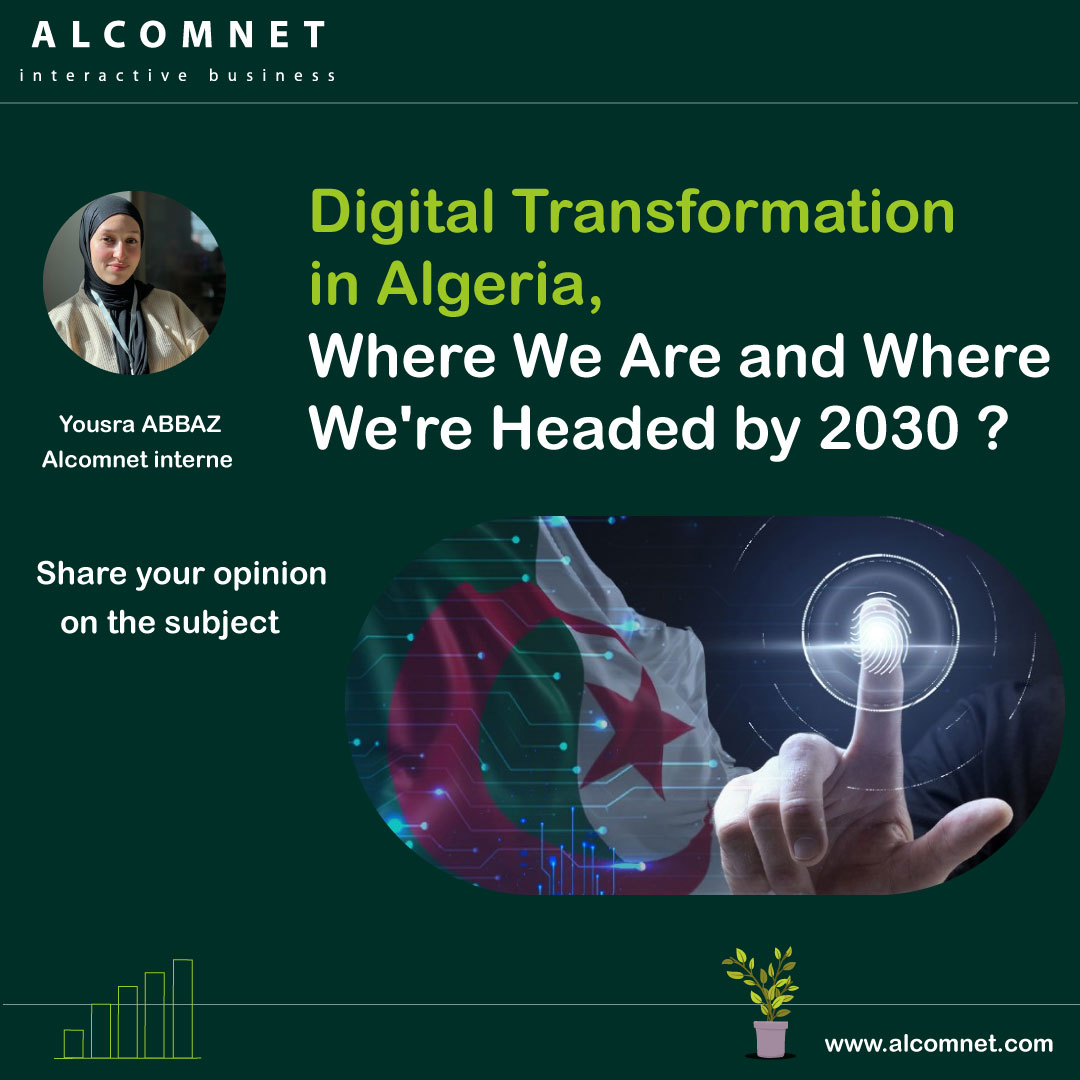
Digital transformation isn’t just about adopting new tech—it’s about changing how organizations think, operate, and create value. In Algeria, this shift is gaining momentum. From public services to the private sector, digitalization is slowly reshaping how the country works. And for marketers, especially in the digital space, it’s creating exciting new terrain.
Where Algeria Stands Today:
Algeria is taking real steps toward digital transformation. Government strategies stretching to 2030 focus on improving digital infrastructure, promoting e-services, and supporting the tech ecosystem. Fiber optic expansion and startup-friendly policies show intent. By early 2024:
• Internet penetration hit 72.9% (33+ million users)
• Mobile connections passed 50 million (95.2% of the population)
• Social media usage reached 24.85 million active users
This digital connectivity sets the stage for growth but it’s not fully translating into commercial activity. E-commerce is growing (now worth over $1.5 billion), but digital payments remain underused: just 8.2% of Algerians made online purchases in 2023. Limited card usage and trust in online transactions are major barriers.
Challenges Still Holding Us Back
• Infrastructure gaps in rural areas limit access to advanced digital services
• Digital skills shortages, especially in SMEs, slow adoption of digital tools
• Outdated or complex regulations (like Law No. 18-07 on data localization) hinder international integration
• Cash dependency continues to block e-commerce and digital advertising growth
Startups & AI: A Game-Changer on the Horizon
Despite these challenges, Algerian startups are starting to leverage AI especially in sectors like logistics, fintech, healthtech, and retail. AI tools help small teams do more with less, from automating customer service to analyzing user behavior for smarter marketing. For digital agencies and tech providers, supporting AI adoption within startups opens doors for long-term collaboration and value creation.
Startups that embed AI early gain an edge in personalization, product development, and performance marketing. Agencies that understand these tools like predictive analytics, chatbots, AI-driven content creation can help startups scale faster and smarter.
Opportunities for Digital Marketers by 2030
Looking ahead, Algeria’s digital evolution spells big opportunities for marketers:
• Rising internet/mobile usage = bigger audiences
• E-commerce expansion = greater need for performance marketing
• Mobile-first behavior = more demand for app marketing and localized content
• SMEs going digital = growing market for strategic consulting
• Data and AI = smarter, ROI-driven campaigns
Digital marketing agencies can play a leading role by moving beyond basic services. Those that combine data analytics, AI tools, and strategic guidance will become vital partners to businesses navigating this digital shift.
The Bottom Line
Algeria’s digital transformation is in motion, and while obstacles remain, the path forward is filled with potential. By 2030, digital marketing won’t just be a promotional tool—it will be a core driver of business growth. Agencies that educate, innovate, and evolve alongside their clients will lead the way.
📌 Are you a startup or SME looking to grow online? Let’s talk strategy, not just clicks. Reach out to our team to explore how we can help you navigate Algeria’s digital future.
writted by : Yousra Abbaz – Alcomnet intern
Sources
• U.S. International Trade Administration. (2024, September 19). Algeria – Digital Economy. Retrieved from https://www.trade.gov/country-commercial-guides/algeria-digital-economy
• Atalayar. (2024, September 14 ). Algeria’s quest for greater digitisation and financial inclusion. Retrieved from https://www.atalayar.com/en/articulo/economy-and-business/algerias-quest-for-greater-digitisation-and-financial-inclusion/20240914131401205166.html
• Statista. (2024, July 8 ). Internet usage in Algeria – statistics & facts. Retrieved from https://www.statista.com/topics/10163/internet-usage-in-algeria/ (Note: Specific data points cited in the article text are primarily from the ITA source which provided more recent and detailed figures for 2024 ).
Précédemment
L’IA : Une avancée prometteuse ou un danger pour l’éducation ? |